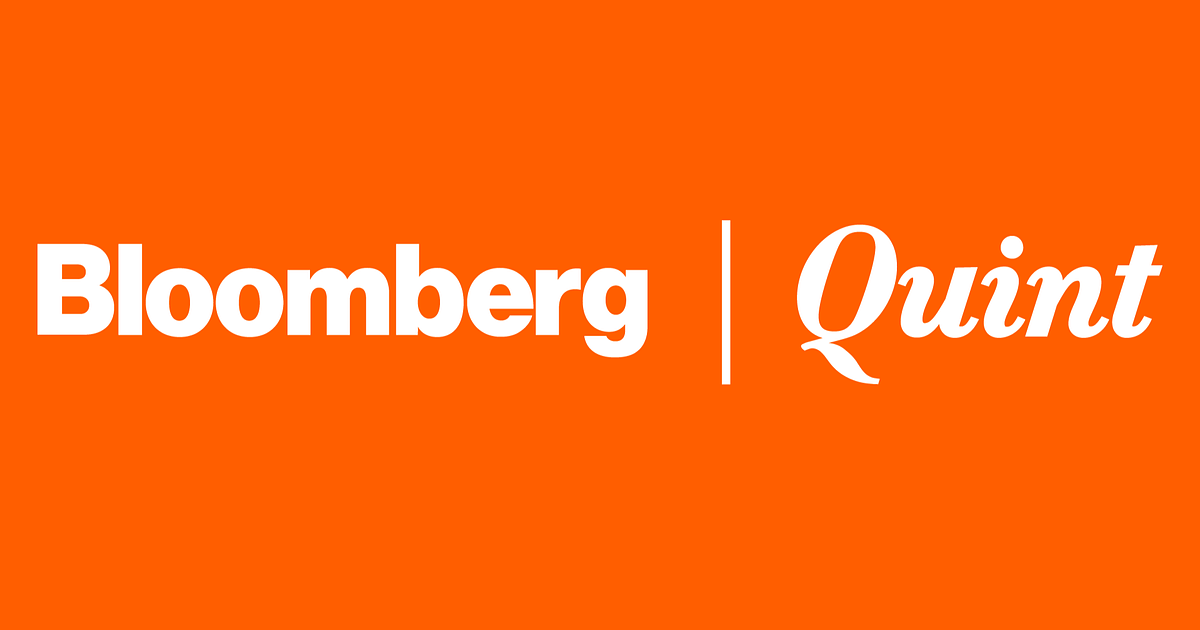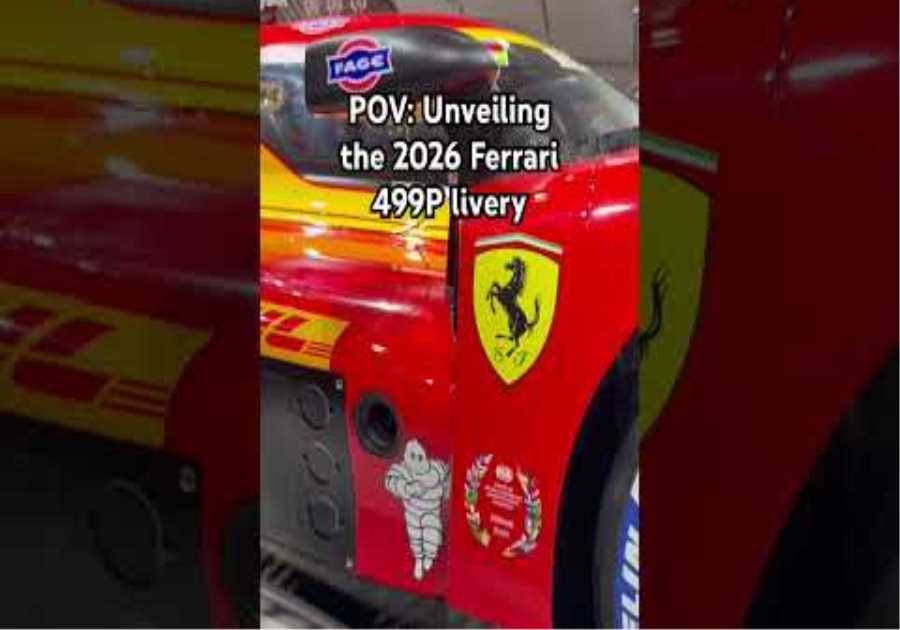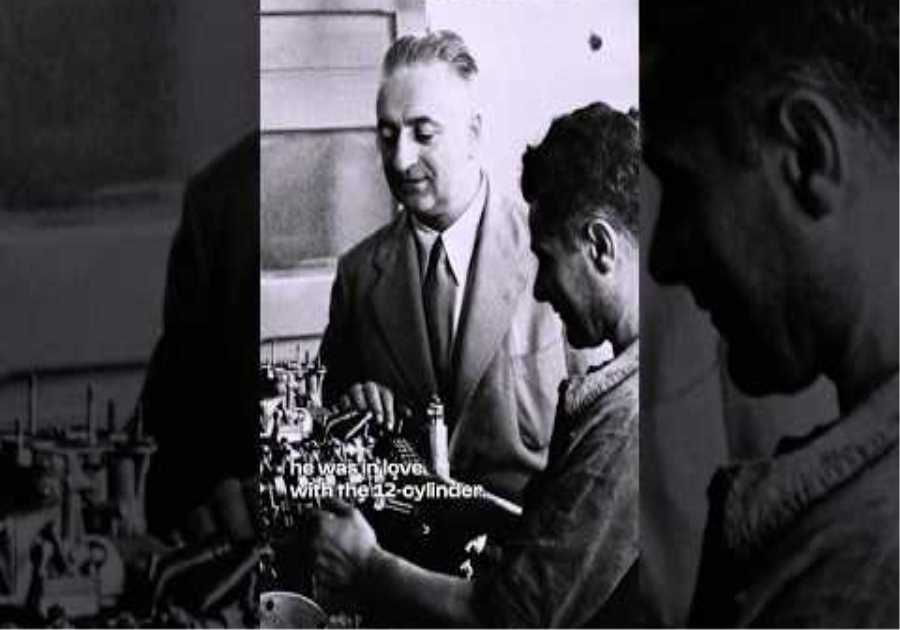
(Bloomberg) — For racing fans, Miami’s first-ever Formula One race, on May 8, will be one of the most exciting events of the year.
Preceded by one day of practice and one day of qualifying rounds, Sunday’s F1 Crypto.com Miami Grand Prix will feature seven-time champion Lewis Hamilton and current leaders Charles LeClerc, Max Verstappen, and Sergio Perez vying for position around a 3.3-mile track at Hard Rock Stadium inside the Miami International Autodrome. The stadium’s stands alone will hold roughly 80,000, according to organizers.
The race follows the Australian and Italian grand prix in a season that’s seen Hamilton’s dominance at Mercedes fade as newer drivers including Carlos Sainz and George Russell gain prominence. While Ferrari’s LeClerc leads with the most points won, Verstappen and Perez are close on his tail. Hamilton, meanwhile, lags behind the pack in seventh place. But the bona fide superstar, who was recently knighted by the Prince of Wales at Windsor Castle, has won more races than anyone in the sport’s history—and still presents a significant threat to overtake the podium.
With race-weekend tickets starting at almost $1,000 and single-day general admission passes beginning near $600, Miami F1 also promises to be one of the year’s most expensive car events. Three-day hospitality packages, still available online as of April 25, start around $4,800.
But it’s everything happening off-track in Miami that will make the weekend feel truly glamorous. The best examples are held nowhere near the racetrack.
To celebrate the occasion—and capitalize on the sport’s famously deep-pocketed fans—Major Food Group, whose upscale empire spans New York, Las Vegas, and Hong Kong, will open a special Carbone Beach location for those willing to pay $3,200 per person for a meal, or $30,000 per table.
The St. Regis Bal Harbor is offering a $110,000 Diamond Package for F1 fans that includes bespoke diamond jewelry design with De Beers, a private dinner party and wine-pairing experience, use of a private oceanfront villa, and a round-trip private flight to Miami with EvoJets. Faena Hotel Miami Beach and Red Bull are providing guests who book at least four nights in a special suite access to select curated events and DJ performances, as well as invites to their Champagne-fueled hospitality suite at the track.
Eden Roc Hotel Miami and Nobu Hotel Miami Beach are offering F1 virtual-racing and recuperation packages with rooms ranging from $1,700 to $5,000 per night; the promotions propose to refine racing fans’ reflexes via racing video games in-room, then restore their skin and eardrums at the spa after a day under the sun listening to machines spin around a track at 120-plus decibels.
Cryptocurrency exchange platform FTX, along with Mercedes-AMG Petronas and watchmaker IWC Schaffhausen, will host a three-day concert festival headlined by Disclosure. Hot-spot nightclub E11even Miami’s weeklong party lineup prior to the race will be led by Rick Ross, Tiesto, Diplo, and Travis Scott. Prices for a table range from $5,000 to $100,000.
The glitz comes with some irritation. Far from a course set in the heart of a city, like the Monaco Grand Prix, the Miami F1 track, which is temporary—complete with imported sand for a 24,000-square-foot faux beach—is situated closer to the airport than to the lights of South Beach.
The location is considered something of a consolation prize for Miami Dolphins and Hard Rock Stadium owner Stephen Ross. In 2015 he’d tried unsuccessfully to buy a controlling stake in F1, so he turned his sights to bringing F1 to Florida. Ross initially hoped to hold the race in downtown Miami, until he met strong resistance from city residents concerned with sound pollution and logistical irritants. So in 2019 he agreed to spend $40 million on building a custom track out at the NFL stadium in Miami Gardens. Ross, along with Miami Dolphins and Hard Rock Stadium Chief Executive Officer Tom Garfinkel—who’s managing partner of the race—last year signed a deal to secure the event for 10 years.
But the people who live near the racetrack don’t want it there, either.
On April 20 a Miami-Dade Circuit Court judge declined an injunction to halt the race after more than a dozen Miami Gardens residents sued to stop the event. Members of the working-class, predominantly Black community, expressed concern about the earsplitting sound of car racing and the overcrowding logistics of dealing with hundreds of thousands of tourists invading their neighborhood. Organizers of the Grand Prix reported that as far back as November more than a quarter-million people had preregistered to purchase tickets.
An F1 event actually happening locally is a novel concept for the US, though Ross is hardly the first tycoon to try to bring the series to what’s widely considered its biggest potential market.
While the sport has long been embraced by European, Asian, and South American fans, Americans have historically yawned when it comes to grand-prix-style racing. Miami is just the 11th US location F1 has raced since it began at Silverstone, England, in 1950; tracks tried in such places as Dallas; Detroit; Indianapolis; Long Beach, Calif.; Phoenix; Sebring, Fla.; and Watkins Glen, NY, lacked staying power.
It hasn’t helped popularity that the US hasn’t had an F1 world champion—or even a successful F1 driver—since Mario Andretti won in 1977. The American-owned Haas F1 Team is currently placed seventh out of 10 teams in the standings for the 2022 season.
But the emergence of several F1 races on American soil—in Austin since 2012 and, next year, in Las Vegas—has helped build a fan base. As has improved television coverage and the wildly popular Netflix documentary series Formula 1: Drive to Survive, which closely chronicles the rivalries among drivers and teams.
Interest in F1 in the US is at an all-time high, according to Google Trends. Fully 70% of Austin F1’s 400,000 attendees last year had never previously attended an F1 race, organizers said. Meanwhile in Miami, Florida’s most vibrant car scene, car clubs and boutiques selling used exotics have sprouted like mangroves. Both official and independent hospitality packages for the Miami race have long since sold out. Racing-influenced driving schools and glossy coffee-table books reliving the glory days of Formula One proliferate.
Dennis DeGori, Major Food Group’s CEO, projects a “record-breaking week” surrounding race days in Miami on par with other premium events. “We grossed more than four times our average [weekly] sales [during Super Bowl 2020],” he said. “We are hopeful to far exceed that during F1.”
F1 Miami Grand Prix is already taking $5,000 deposits on hospitality packages for the 2023 race.
The 2022 Miami Grand Prix takes place on May 8 at the Miami International Autodrome in Miami Gardens. Upcoming races in or close to the US include Austin (Oct. 22-24) and Mexico City (Nov. 5-7).






